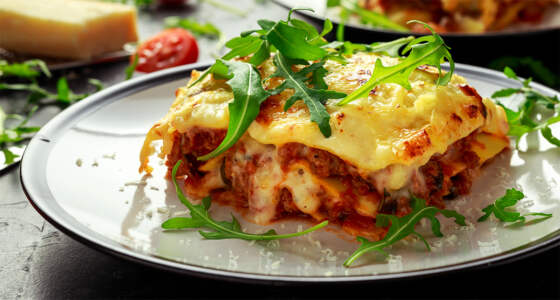As people living with HIV, eat well live well is a significant strategy to maintain our health. At this time, when we’re all trying to limit our contact with the general community by using physical distancing, such as avoiding group meals, eating with friends and family, or eating out, many of us are finding that cooking at home is a great option. It’ll save you money, add a valuable practice to your indoor activities, and extend your cooking skills. If you choose healthy options and recipes, this can also equip you to be in the best possible position to benefit your ongoing health, possibly prevent illness and/or aid in the recovery from illness.
The Surry Hills Neighbourhood Centre (SHNC) in partnership with the Bobby Goldsmith Foundation, has been running a health and wellbeing program called Eat Well, Live Well. This 10-week series of hands-on workshops specifically for people living with HIV has a strong focus on nutrition, diet, meal preparation, food security and practical advice. As the Program Manager at SHNC, I’ve been able to support and build the capacity of my peers living with HIV to not only look at new ways to approach food as we make decisions around what we’re eating, but also cook a number of healthy new food options.
The following can be a simple rule-of-thumb approach to guide your healthy eating plan:
Eat the Rainbow – in terms of fruit and veg, aim to eat all the colours of the rainbow every day. This can help to add up to well-rounded diet containing all vitamins and nutrients you need.
Aim to eat five serves of vegetables and two serves of fruit every day. If you add tomatoes or spinach in addition to eggs for breakfast, it won’t seem so daunting to make it to five vegies each day.
Aim to make half of your plate vegetables, a quarter of your plate being good quality and wholesome carbs, and the final quarter lean protein. If you’re eating something like a stir-fry you can measure these out before you cook them.
Don’t forget that including wholemeal or wholegrains foods such as wholegrain bread or brown rice is an important part of your diet.
Try to avoid adding salt to your cooking or at the table when you eat. It’s a lot better to flavour your meal with herbs and spices instead. (You’ll get used to this, if you give this a try for a month!)
Drink water with your meal and in-between meals.
In the midst of trying to eat healthier, it’s still important to not deprive yourself of the not-so-healthy ‘comfort’ things you eat. All things in moderation, as long as you try not to overindulge. Choose your favourite fun food, reduce your portion size, and eat mindfully.
Below is a Lasagne recipe that been modified to make it healthier and a little more affordable. Give it a shot and let us know how you go!
Modified Lasagne
Ingredients
Mince sauce:
- 1 Tbsp canola oil
- 250gm extra leanmince
- 2 onions chopped
- 2 cloves garlic crushed
- 2 carrots grated
- 2 zucchini grated
- 400gm tin chopped tomatoes (no added salt)
- 3 Tbsp tomato paste (no added salt)
- 400gm tin drained lentils (no added salt)
- Pepper to taste
- Oregano and basil (dried is fine)
Cheese Sauce: (Alternatively use 500gm low fat ricotta cheese)
- 125gm unsaturated margarine
- ¼ cup plain flour
- 2 cups low fat milk
- Pinch of nutmeg
- Pepper
- ½ cup finely grated parmesan cheese
Wholemeal Lasagne sheets
½ cup finely grated parmesan cheese
2 cups roasted pumpkin
A handful of baby spinach leaves
Method:
Mince sauce:
In a non-stick pan, Heat oil and fry onion and garlic and then mince.
Add vegetables and cook until tender.
Add tomatoes, tomato paste, herbs, lentils and pepper and simmer for 30 mins.
Cheese sauce:
Melt margarine and add flour to make a paste.
Slowly add milk and blend.
When thick add the cheese and pepper
To assemble:
Alternate layers of mince sauce, cheese sauce, pumpkin and baby spinach and lasagne sheets.
Finish with extra cheese.
Bake at 200 C for 35 mins.
Serve with half a plate of garden salad.
Serves 6-8
Bon Appétit!
Stephen Lunny, is Surry Hills Neighbourhood Centre Program Manager and Positive Life Board Director.







